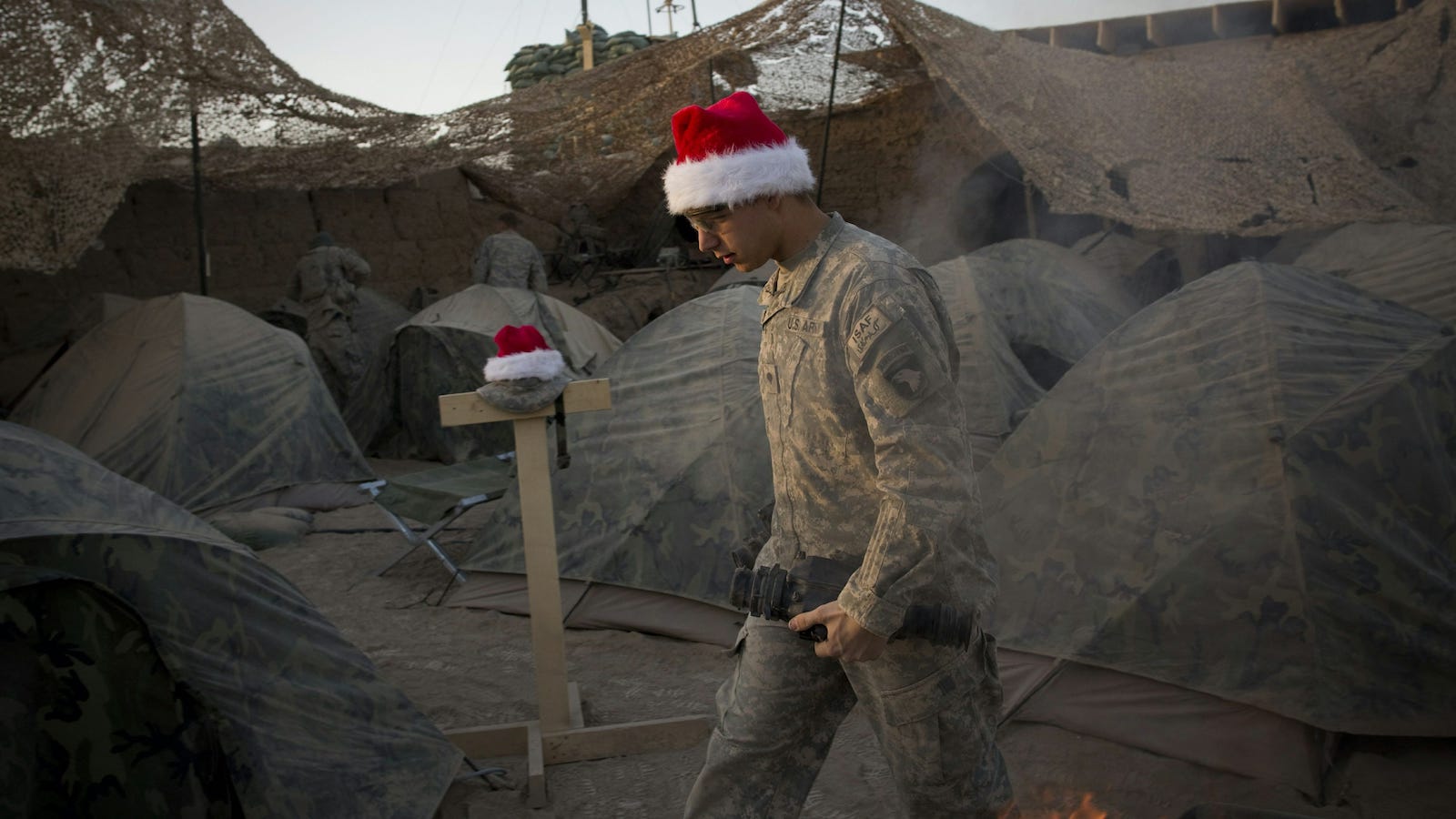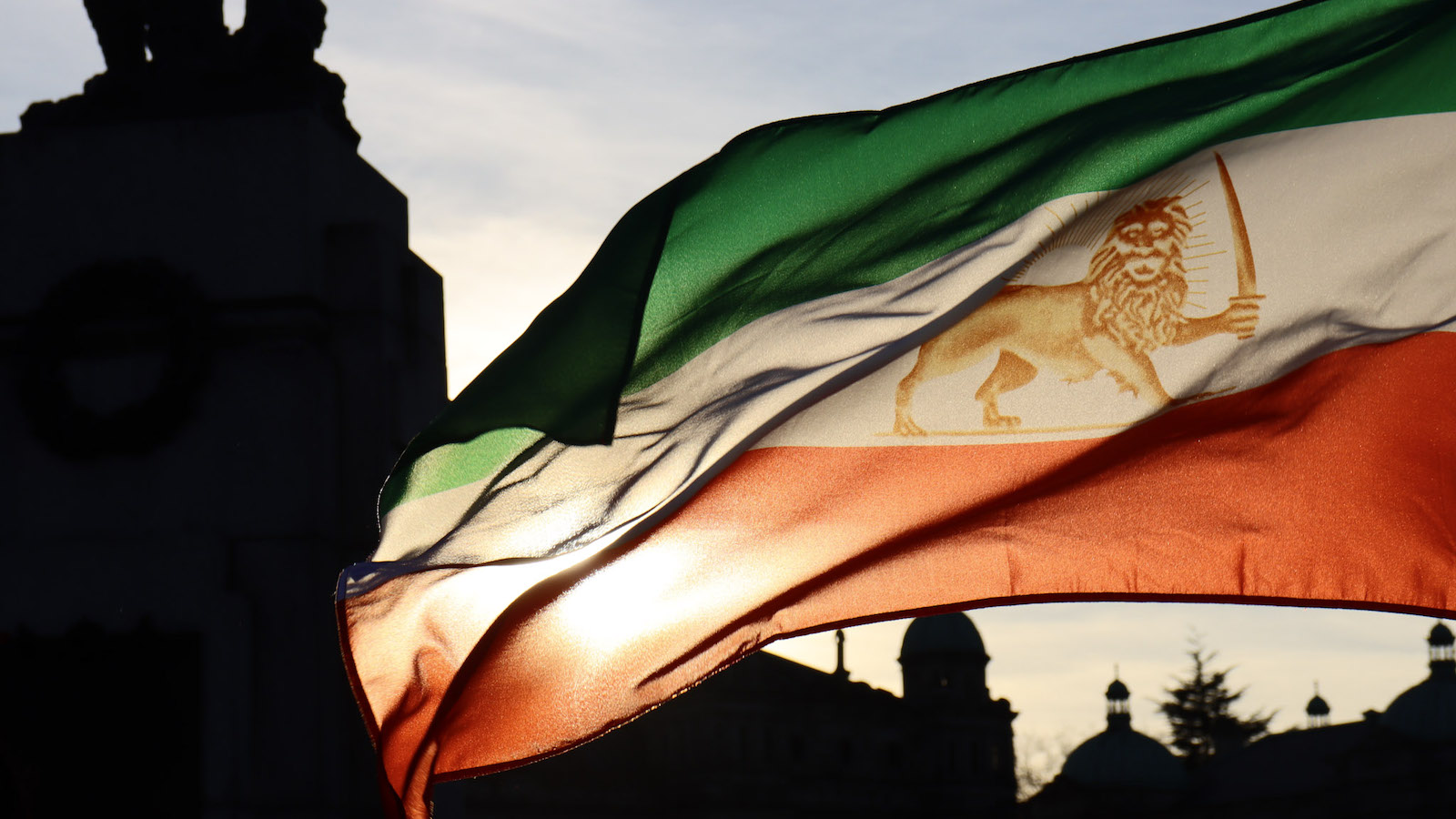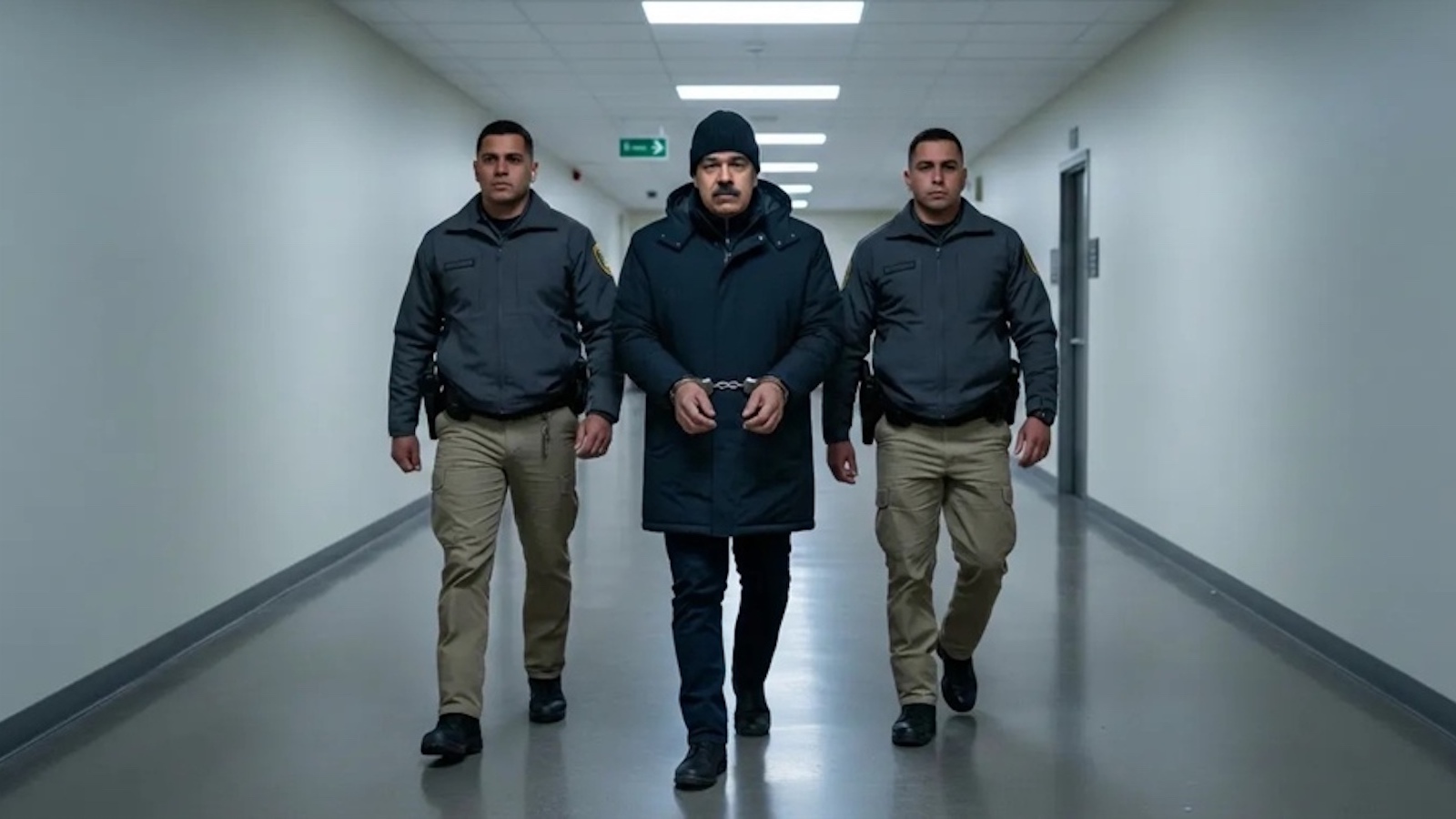
A Christmas Plea: End the Wars
A year ago, I described the last nearly twenty years of holiday tradition for my family, from Thanksgiving to Christmas. Of those traditions, hosting young Marines from Camp Pendleton for Thanksgiving dinner has been one of the most special. After almost two decades, changes to our plans were made and new traditions have begun, except one: we are still sending young men and women to war.
Each year, since we moved to California, my father would drive down to Camp Pendleton and join a line of cars on base; local residents would volunteer to host Marines for dinner. These Marines were usually fresh out of basic training or lost somewhere in their journey through School of Infantry. They were clean shaven and in uniform, physically fit and mentally sharp, and always quite confident in themselves, although acting reserved. But, above all else, they were young. Very young.
At eleven years old, two months after 9/11, we hosted our first Marines. Our families bonded and we remained in touch, writing letters to them when they were deployed to Afghanistan and Iraq, and forming friendships that have carried on to this day.
But, while the tradition has carried on, the feelings that are brought out each year have changed. At eleven years old, these men who ate dinner, watched football, and became friends with us were superheroes to me, stronger and more confident than anyone I had ever seen. Only a few years ago, however, when I returned home to visit family, something seemed odd: I was older than everyone in the room, except my parents. It was then that I was struck with the realization that these young men were our children.
Through nearly twenty years of Thanksgivings, I realized that the only thing that has changed is that I and my family have gotten older; the Marines have stayed the same age. After nearly two decades in Afghanistan and Iraq, it remains our children that we send to fight the battles of old men. But such is the nature of war. As the Afghan War entered its nineteenth year in November, Americans seemed hardly perturbed by the acknowledgment that we have officially sent soldiers who were not yet born when the war began. The children of soldiers are now being sent off to the same war. And so it goes.
In 2019, there was an excruciating hole in my family over the holidays; my brother was deployed to Afghanistan for the second time in a year. Sitting at the table with six Marines during Thanksgiving, I found my mind torn between the young men sitting at my table and my brother soaring over the mountains of Afghanistan. I had asked him, days before this deployment, “If someone told you, eighteen years ago, that you would be sent to fight in the same war, would you have believed them?” He gave a bemused smile and shook his head. “No,” he said.
We have both missed Thanksgivings over the years, typically because of our respective careers. We have both missed birthdays as a result of living apart for years. But neither of us had missed a Christmas until 2019. “But one’s absence brought on by war, particularly one that began before we entered high school, has brought on a kind of loneliness that I have never felt before. The kind that causes you to forget how to breathe or simply won’t let you,” as I described it last year.
While 2020 has brought many unwelcome changes into our lives, my family has experienced a welcome change of tradition. As I write, I am sitting in my brother’s office with his dogs at my feet. My sister-in-law is busy in the kitchen and their newborn son is sleeping the day away. To hold my three-week-old nephew while my brother sits in the same room has washed away nearly all of the concern, fear, and anger that occupies my mind. And yet…
While my family is whole once more for this holiday season (and bigger!), tens of thousands of families are without their sons and daughters, brothers and sisters, wives and husbands, mothers and fathers. And, while there seemed to be a flash of an endgame in the last few years, the status quo appears poised to remain in place.
For this Christmas, my wish, nay my plea, is quite simple: end these wars. We have become a nation that values public support of the military over the safety and security of our soldiers and the wellbeing of their families.
We signal to each other with posts on Instagram and Facebook, daring each other to share a photo of a flag, while we seem so complacent with these wars that it requires tragedy to even remember them.
Perhaps I don’t sound appreciative of our soldiers. Perhaps I don’t believe that our freedoms will be found in a pile of rubble under lock and key. Perhaps I just don’t understand. Perhaps, perhaps, perhaps. What I know is nearly twenty years of watching young men and women being sent off to fight and die against an enemy with which I feel no animosity. I know the pain of missing a brother and the fear his absence brings. I know that the baffling nature of these conflicts has asked us to send our children to fight the children of a faceless enemy. And I know that neither our history, nor the history of the world will forgive us for these wars.
When my brother was deployed last year, I reflected on this by asking, “if either he or I will find the star in the darkness that will lead him home.” Now, with my brother home and our family together, I am left wondering about the thousands of men and women still absent.
This week, Saturn and Jupiter had a spectacular “great conjunction,” forming what appears to be a bright star in the night sky, something not seen since 1226 AD. My father sent me a story of how this conjunction can be tied to the story of the Nativity, guiding the way to the city of Bethlehem. Perhaps this rare moment of celestial majesty during this Christmas season will help us to guide the rest of our sons and daughters home.
Free the People publishes opinion-based articles from contributing writers. The opinions and ideas expressed do not always reflect the opinions and ideas that Free the People endorses. We believe in free speech, and in providing a platform for open dialogue. Feel free to leave a comment.



